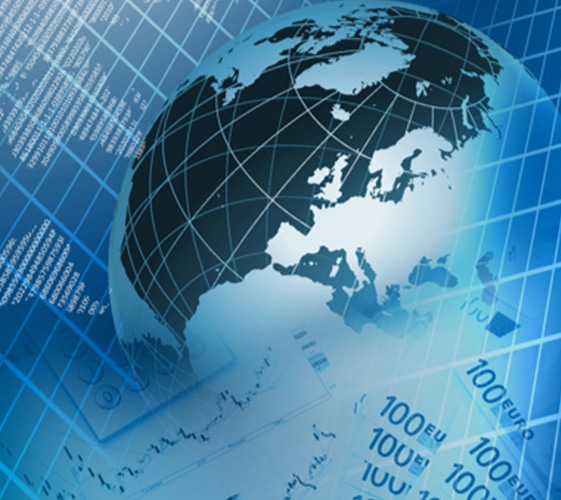The Brics Bank was originally known as the Brics Development Bank, and today it is known as The New Development Bank, NBD, with headquarters based in Shanghai, China and a reserve currency pool of USD 100 Billion being set up by the member states. Furthermore, the New Development Bank has and is in the process of financing key infrastructure projects on a global basis, plus the bank has set up the Brics Contingent Reserve Arrangement (CRA), which provides liquidity to Brics countries during times of economic strife.
In 2021 the United Arab Emirates formally joined the New Development Bank along with Uruguay, Egypt and Bangladesh. This has certainly increased the financial and political influence of the New Development Bank, and if Saudi Arabia joins this will lift the bank to even further heights. Interestingly in 2020, Brics and the G7 contributed equally to economic growth, and it is estimated that by 2028 Brics will make up 35% and the G7 27.8% handing even more influence to the New Development Bank.
Recently Russia has used their gas to beat Europe over the head and as a result sanctions included the USA weaponizing the dollar through financial sanctions. This along with rising interest rates has made the dollar more unreliable for those dollarized economies. As such, Brics are working on developing a new currency for Brics members with a payment system akin to swift. Such machinations, if prove successful, will make the New Development Bank even more powerful with their tentacles reaching across the globe.
In conclusion, as the New Development Bank and their owners expand their influence throughout the world, the G7 and indeed other pro-western countries will have to get their act together, especially when it comes to energy. The recent geo-political problems have shown the folly of relying too much on one country (Russia) for energy, and this could well expand to other forms of energy and raw materials.
Indeed, in the United Kingdom for example, the recently deposed Prime Minister Liz Truss was set to issue about 100 new oil exploration licences in the North Sea which she advised, would have made the UK a net exporter of oil in 10 years’ time. This policy was revoked by the incoming Prime Minister Rishi Sunak, but with the country way behind on the shift to green energy and net zero carbon emissions by 2050, the United Kingdom will once again be at the mercy of China and their Brics policy, plus increased exposure to the middle east oil exporters.
In July 2022, President Biden requested Mohamed Bin Saud, the titular head of Saudi Arabia to increase oil production, the result of that request was Saudi Arabia reducing oil output. As recently as March 2023 Saudi Arabia have moved closer to China as they were granted the status of dialogue partner in the Shanghai Cooperation Organisation. It must also be remembered that in the last week of October 2022, Saudi Arabia reiterated its commitment to China and if Saudi Arabia and the UAE toe the Brics line, which is driven by China, then the shift to green energy becomes all the more important.
Whilst the New Development Bank was created to serve the Brics countries, it is committed to better serve the needs of all emerging countries and their economies. Many of these emerging economies are commodities based, exports of which are gobbled up by the western and pro-western economies. Today the influence of the World Bank and the IMF, (the New Development Bank was also created as a counterweight to these two institutions), can be felt across emerging markets, where the World Bank has lent USD 67 Billion as June 2022, whereas the New development Bank has lent USD 33 Billion to 96 projects in in emerging economies.
However, western politicians who ignore these markets do so at their peril, as through the New Development Bank, investments in these economies will increase, and Brics will build up political allies whereby a situation could occur with the east holding parts of the west and their allies to ransom. As alluded to in the first paragraph, by 2050 Brics expects to be the world’s dominant supplier of raw materials, manufactured goods and services.

